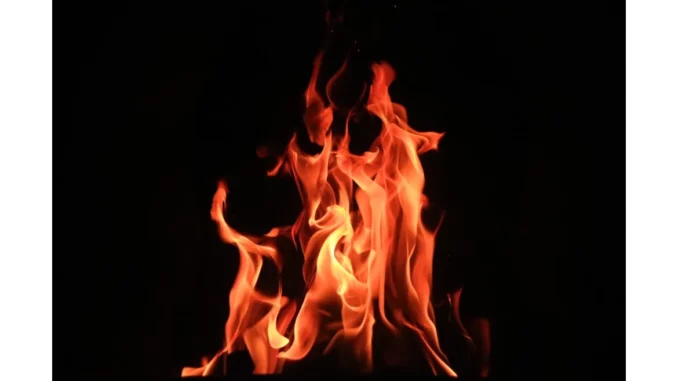
The call for enhanced competency in fire risk assessment has never been more urgent, and the industry finds itself at a critical crossroads. In light of recent developments and ongoing inquiries, the need for a comprehensive approach to fire safety has become a prominent discussion point among professionals. I recently engaged with Paul Hughes, a seasoned fire safety consultant, to explore the evolving landscape of fire risk assessment and the pressing demand for competency as a cornerstone of the industry. Our dialogue, set against the backdrop of the Grenfell Tower Inquiry Phase 2 report, provided an insightful perspective on the shifts occurring within industry circles.
Focus360 Energy: property compliance services – pre-planning to post-construction. Learn more.
Paul Hughes, drawing upon over twenty years of experience, has observed first-hand the transformation of fire safety regulations. “For years,” he remarked, “industry forums and working groups have been calling for enhanced regulation, improved certification, and effective measures to assess the competency of fire risk assessors (FRAs). The journey has been long, with the Grenfell tragedy serving as a watershed moment.” The Grenfell Tower fire in 2017 exposed critical deficiencies in fire safety assessments and regulations, underscoring the inadequacies of the fire risk assessments conducted at the site. The inquiry that followed illuminated the failure to identify significant hazards, such as flammable cladding and insufficient fire doors. “The inquiry’s findings were a wake-up call for all of us,” Paul asserted, “highlighting the urgent need for a structured approach to competency.”
A pivotal recommendation from the inquiry was the establishment of a mandatory accreditation system for FRAs. Paul explained, “This system would ensure that every assessor meets necessary standards of qualification and engages in ongoing professional development. It’s about establishing a baseline of competence for everyone in the profession.” Despite initial governmental resistance, post-Grenfell efforts have shifted towards recognising the importance of regulation in the FRA process. The introduction of the Building Safety Act 2022 and subsequent amendments to the Fire Safety Order have reinforced the necessity of demonstrated competency in fire risk assessments. Paul elaborated, “These legislative changes are a positive step, but there’s still considerable work to be done in terms of implementation and ensuring that FRAs are genuinely competent.”
Competency, as Paul emphasised, encompasses more than just having formal qualifications. “It’s a blend of practical skills, experience, and knowledge,” he explained. “Both the Health and Safety Executive and the Office for Rail Regulation have long maintained that competence involves integrating these elements. In fire safety, this means not merely understanding regulations but being able to apply them effectively in real-world contexts.” The industry is progressing towards a unified approach to competency, with organisations like the Fire Sector Federation advocating for a national standard applicable across various premises types. “We’re beginning to see the development of tiered competency frameworks,” Paul noted, “which categorise premises into low, medium, and high risk. This helps align the appropriate expertise with the specific needs of each situation.”
However, achieving comprehensive competency presents significant challenges. Paul highlighted the predicament of existing FRAs who may not align neatly with the new frameworks. “Many experienced professionals have been performing this work for years but may lack the specific qualifications required under new standards. The Experienced Worker Route is one approach we’re using to bridge that gap, ensuring that seasoned assessors aren’t left behind.” Paul also addressed the broader implications of competency in fire safety. “It’s not solely about the assessors,” he said. “We need to ensure that responsible persons – those hiring FRAs – understand what competency entails and can make informed decisions.” The concept of a ‘golden thread’ of building information, as outlined by the inquiry, is crucial in this context. “Having digitised records of building safety information can significantly aid FRAs in conducting thorough assessments,” he added.
As our conversation concluded, Paul reflected on the future of the fire safety industry. “The events at Grenfell have irrevocably altered the landscape of fire risk assessment. There’s now a collective drive to embed competency at the core of our operations. It’s about prioritising safety and learning from past mistakes to avert future tragedies.”
Through this discussion with Paul Hughes, it becomes evident that the fire safety industry is at a pivotal juncture. The lessons from Grenfell have ignited a vital dialogue on competency, regulation, and responsibility. As these conversations continue to evolve, there remains a hope that they will lead to substantive changes, ultimately safeguarding lives and properties for future generations.


Be the first to comment